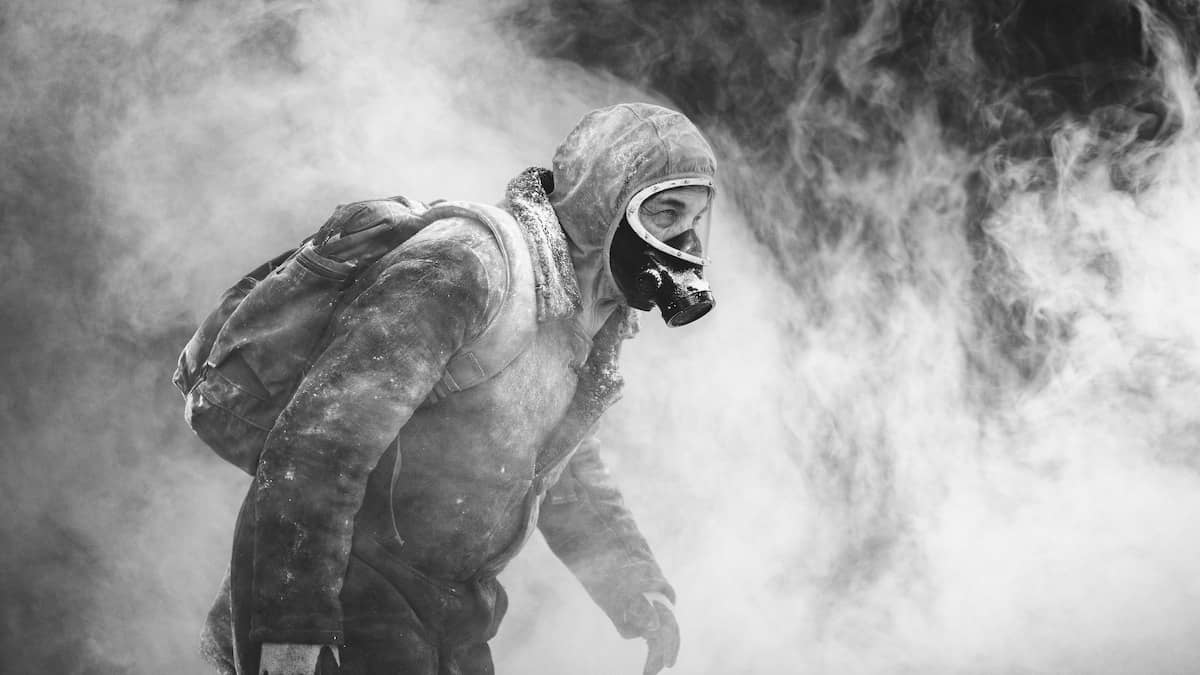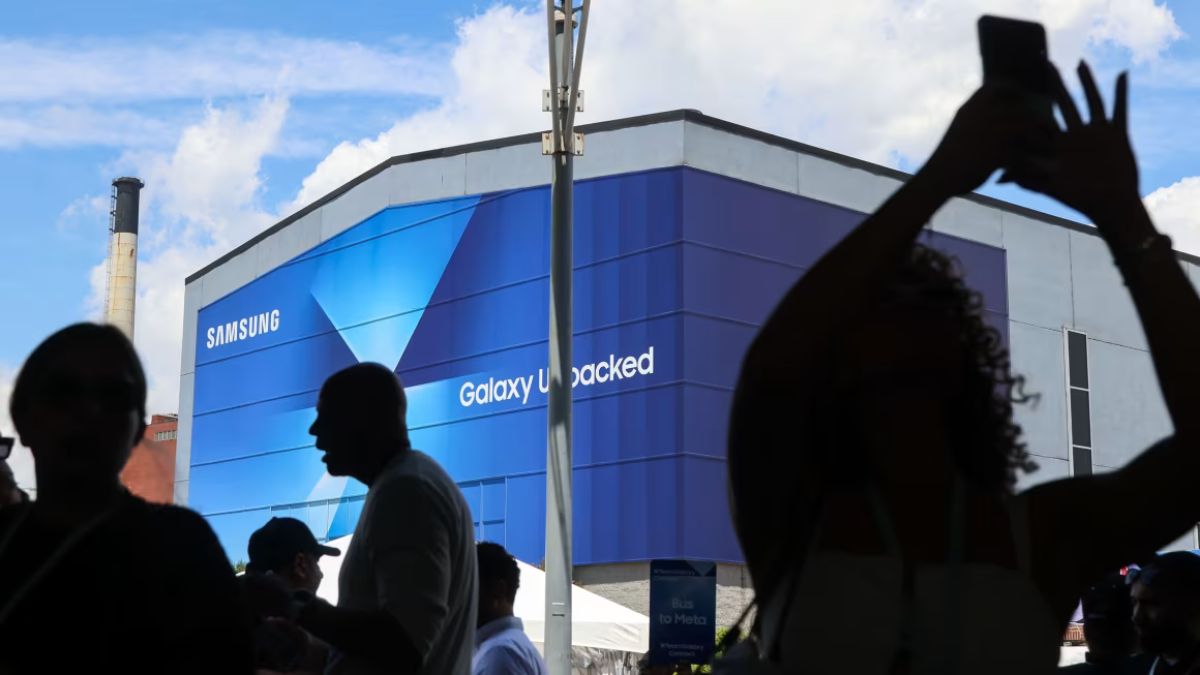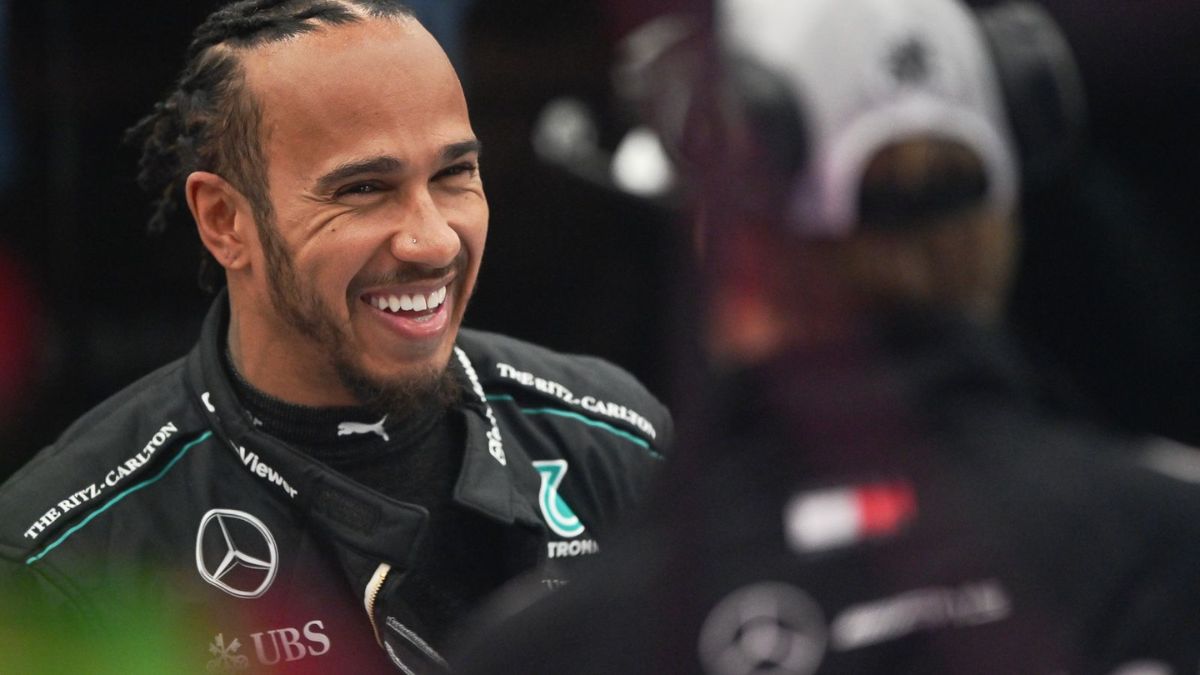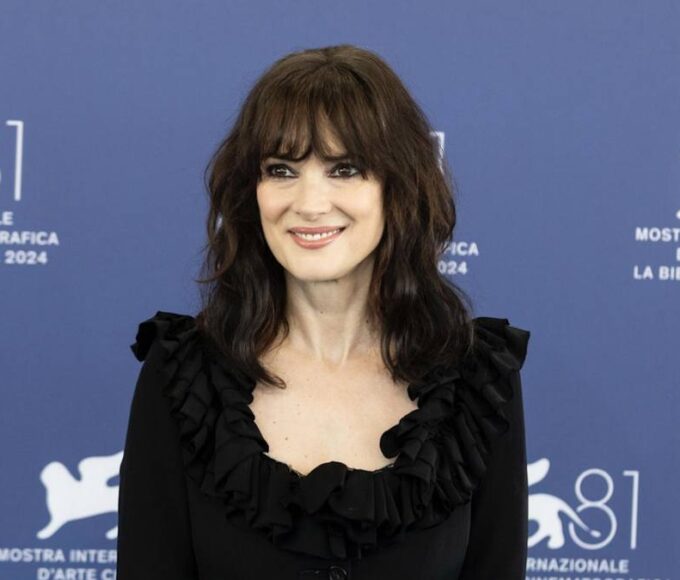Netflix has used generative artificial intelligence to create visual effects in one of its original shows for the first time, marking a significant step in the streaming giant’s adoption of AI technology.
The company used AI-generated effects to create a building collapse scene in “The Eternaut,” an Argentine science fiction series starring Ricardo Darín. Netflix co-chief executive Ted Sarandos said the technology allowed the production team to complete the sequence 10 times faster than traditional special effects methods.
“The cost of it just wouldn’t have been feasible for a show in that budget,” Sarandos said during Netflix’s quarterly results announcement. “That sequence actually is the very first [generative] AI final footage to appear on screen in a Netflix original series or film.”
The revelation came as Netflix reported better-than-expected financial results, with revenue rising 16% to $11 billion for the three months ending June 30, compared to the same period last year. Profits increased from $2.1 billion to $3.1 billion.
Netflix attributed the strong performance partly to the success of the third and final series of South Korean thriller “Squid Game,” which has attracted 122 million views.
Sarandos emphasized that AI technology enables smaller-budget productions to access advanced visual effects that would otherwise be financially unfeasible. The building collapse scene in Buenos Aires would have been too expensive to create using traditional methods for the show’s budget level.
The use of generative AI in entertainment remains controversial, with concerns about the technology creating content using others’ work without consent and fears it could replace human workers. These issues were central to the 2023 Hollywood strike, where the Screen Actors Guild called for tighter regulation of AI use.
Some industry figures have criticized AI adoption in filmmaking. In 2024, film producer Tyler Perry halted plans for an $800 million studio expansion in Atlanta over concerns about AI-generated video technology affecting jobs.
However, industry experts suggest AI adoption is inevitable. Davier Yoon, co-founder of Singapore animation studio CraveFX, said Netflix’s move was unsurprising as major studios increasingly embrace the technology.
“AI definitely opens the gate to allow smaller studios to achieve big budget-looking visuals,” Yoon said. “Ultimately, it is the artist who decides what is in the final image, not AI.”
The development represents a broader shift in how entertainment companies view AI, moving from cautious consideration to practical implementation for cost reduction and efficiency gains.











